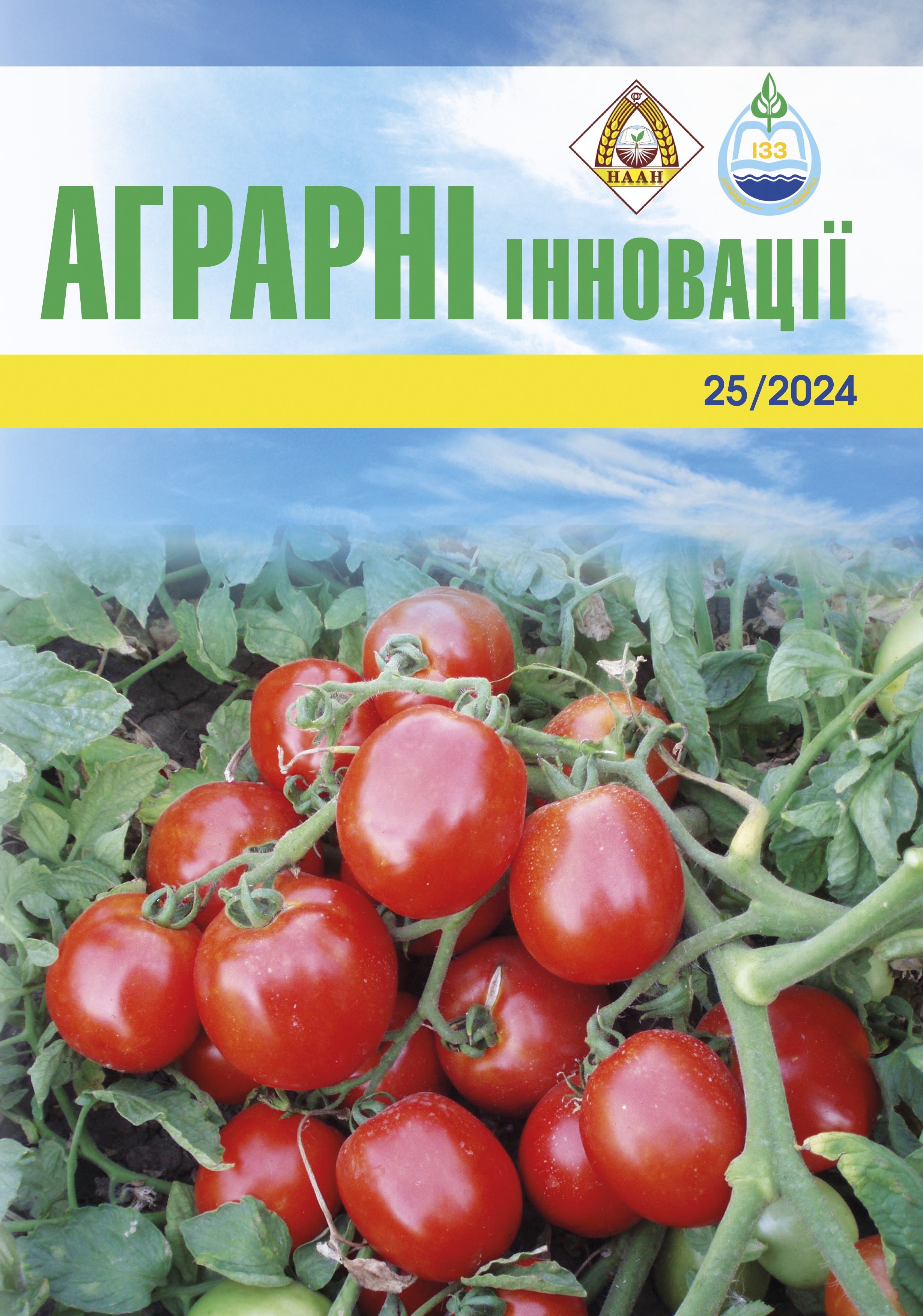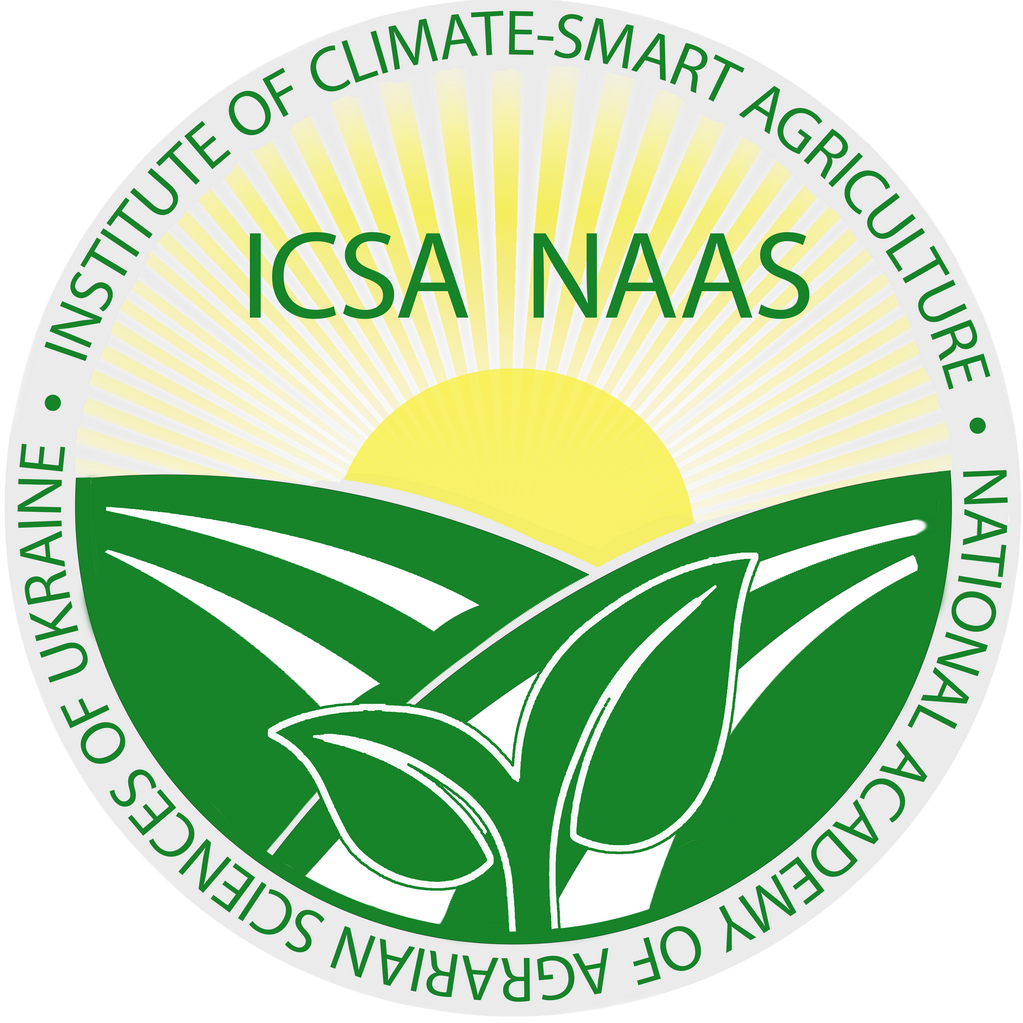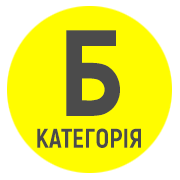Overcoming the shadow economy of the agrarian sphere in the context of the use of artificial intelligence
Abstract
The study reveals the problem of the shadow economy of agrarian business in Ukraine, using the main trends and capabilities of artificial intelligence technology. The purpose of the study was to generalize the problem of the shadow economy of the agricultural sector of Ukraine and determine the potential of using artificial intelligence in the context of overcoming negative shadow aspects. The methods of comparative analysis, the abstract-logical method, the monographic method and the method of dialectical cognition were used in the research process. The results. They determined the importance of finding ways to solve the problem of the “shadow” economy of Ukraine, especially in the field of agriculture. We provided statistical data on the scale of the manifestation of the shadow economy in the European space, determined the highest and lowest indicators of this phenomenon by country. We analyzed and cited examples of the experience of foreign countries in the application of innovations to overcome the problem of the shadow economy of the agricultural sector. Separately, the negative consequences of the mass introduction of artificial intelligence were identified, which are manifested in the reduction of jobs, the emission of greenhouse gases, technical problems in access to technologies, the high cost of servicing innovations, and insufficient qualifications of specialists. The main violations of legislation and forms of manifestation of “shadow” indicators in the agrarian sector were separately highlighted. Accordingly, the following areas of using artificial intelligence to combat the shadow economy of data processes were formed: data analysis and anomaly detection, tax administration automation, fraud detection and prevention, digital identification and transaction tracking, forecasting and risk management, increasing transparency in the public sector, education and promotion awareness Further areas of research will detail each of the proposed areas of using artificial intelligence to combat the shadow economy of the economy in agrarian business, in the context of a certain type of violations.
References
and Innovation. 2022. № 18 (2), 44–58. DOI: https://doi.org/10.15407/scine18.02.044. (Last accessed: 19.06.2024).
2. Gryshova I., Balian A., Antonik I., Miniailo V., Nehodenko V., Nyzhnychenko Y. Artificial intelligence in climate smart in agricultural: toward a sustainablefarming future. Access to science, business, innovation in the digital economy, ACCESS Press. 2024. № 5 (1), 125–140, DOI: https://doi.org/10.46656/access.2024.5.1(8). (Last accessed: 20.06.2024).
3. Tielkiniena Tetiana, Gryshova Inna, Shabatura Tatyana, Nehodenko Viktoriia, Didur Hanna, Shevchenko Alisa. Lobby legalization – legal instrument for ensuring state subsidies to leaders of agricultural producers. Journal of Advanced Research in Dynamical and Control Systems. 2020. № 12 (7 Special Issue), р.2340–2345. (Last accessed: 19.06.2024).
4. Koshkalda I., Trehub O. Conceptual principles of Smart-territories formation in Ukraine. Ekonomika APK. 2021. № 28 (11), 54–61. DOI: https://doi.
org/10.32317/2221-1055.202111054. (Last accessed: 21.06.2024).
5. Kopylenko O., Gryshova I., Diachenko O. Leading institutional mechanism of the state regulation and the shadow economy. In: Strielkowski, W. (ed.). Proceedings of the 2nd International Conference on Social, Economic and Academic Leadership (ICSEAL 2018), Advances in Social Science, Education and
Humanities Research. 2018. Vol. 217, pp. 60–68. DOI: 10.2991/icseal-18.2018.1. (Last accessed: 22.06.2024).
6. Копиленко О. Л. Міжнародно-правовий досвід протидії корупції. Юриспруденція в сучасному інформаційному просторі: Матеріали ІХ Міжнародної науко-
во-практичної конференції, м. Київ, Національний авіаційний університет, 1 березня 2019 р. Тернопіль: Вектор, 2019. Том 1. 394 с.
7. Куровська І. А. Огляд стандартів ЄС у сфері боротьби з корупцією: правові аспекти. Науковий вісник публічного та приватного права. 2020. Т 4. Вип. 3. С. 196–202.
8. Яковенко А. О., Гнатьєва Т. М., Мельничук В. М. Світові тенденції штучного інтелекту в бухгалтерському обліку. Аграрні інновації. 2024. № 23. С. 221–227.
DOI: https://doi.org/10.32848/agrar.innov.2024.23.32/. (дата звернення: 23.06.2024).
9. Яковенко А. О., Гнатьєва Т. М. Тіньові аспекти економіки України в податковому секторі. Тези доповідей І Міжнародної науково-практичної конференції
НПП та молодих науковців «Актуальні аспекти розвитку науки і освіти». 2021. С. 481. Веб сайт. URL: https://osau.edu.ua/wp-content/uploads/2021/05/ZBIRNYK_TEZ.pdf#page=481.






